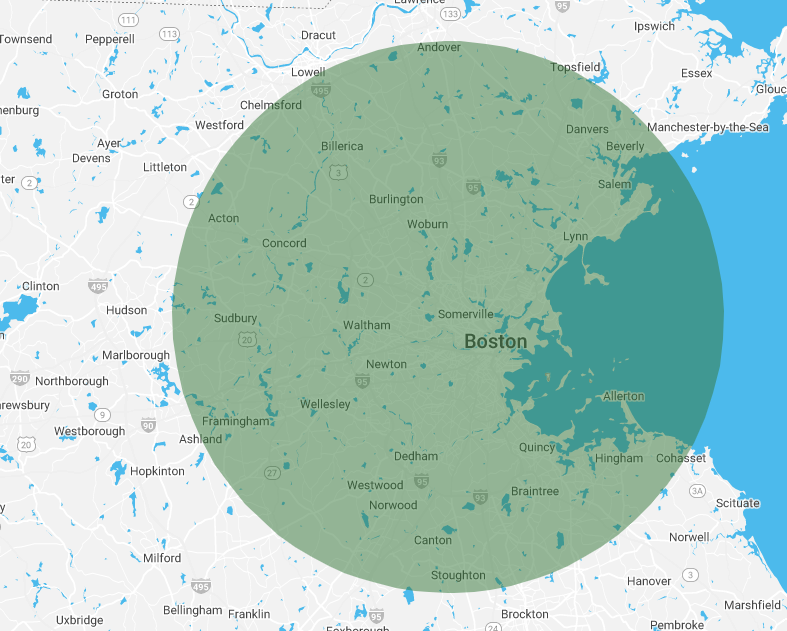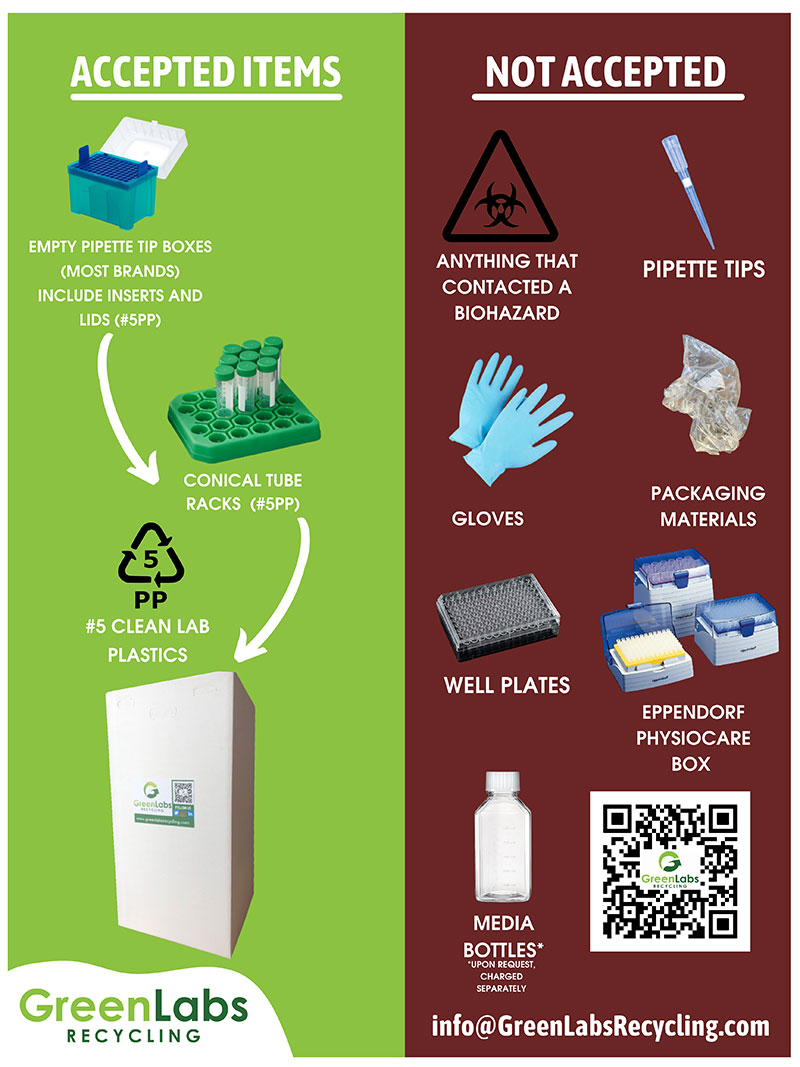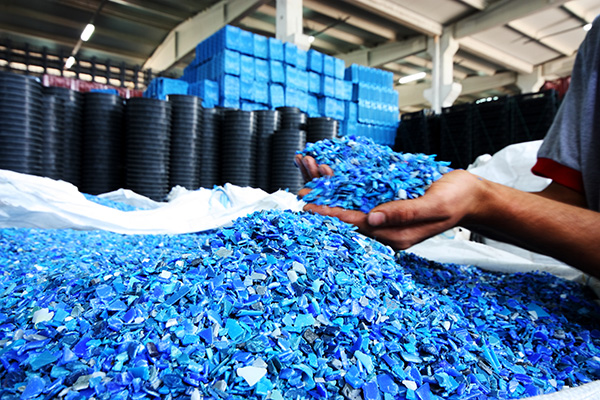Frequently Asked Questions
GreenLabs Recycling collects and recycles empty pipette tip boxes, refillable wafers and other plastic items from research facilities in Greater Boston. We provide locally-based, cost effective plastic recycling solutions to help make science sustainable.
General Questions
What areas do you serve?
Our current service area includes most cities in the Greater Boston area, including Andover, Beverly, Boston, Cambridge, Danvers, Medford, Natick, Somerville, Waltham, and Watertown. If your business is located here, reach out to us!

If you are outside this area, we are working on expanding, so keep checking in, and send us a message if you want to have our services where you are located!
Do you have a drop-off location?
Right now we can only accept pipette tip boxes and lab plastic material if we pick it up directly from your facility. If you are a municipality looking to recycle large amounts of clean and unlabeled #5 plastic, contact us here.
Do you collect more than just pipette tip boxes?

Can I mail you my pipette tip boxes?
How big are your collection bins?
Ready To Get Started?
We’d love to learn more about your recycling needs and help keep your plastic materials out of the landfill.

Did You Know?
After GreenLabs Recycling collects your plastic, what happens to it?
- Plastic is manually sorted by resin-code - the number inside the 'chasing arrows triangle' found on most plastic items. Sometimes plastic is then further sorted by color.
- Plastic is mechanically shredded into smaller pieces known as 'granulate' or 'regrind'.
- The granulate is used as raw material in injection, compression or blow molding applications to create new plastic products. Granulate is often combined with virgin plastic but some products are able to be made using 100% recycled material.